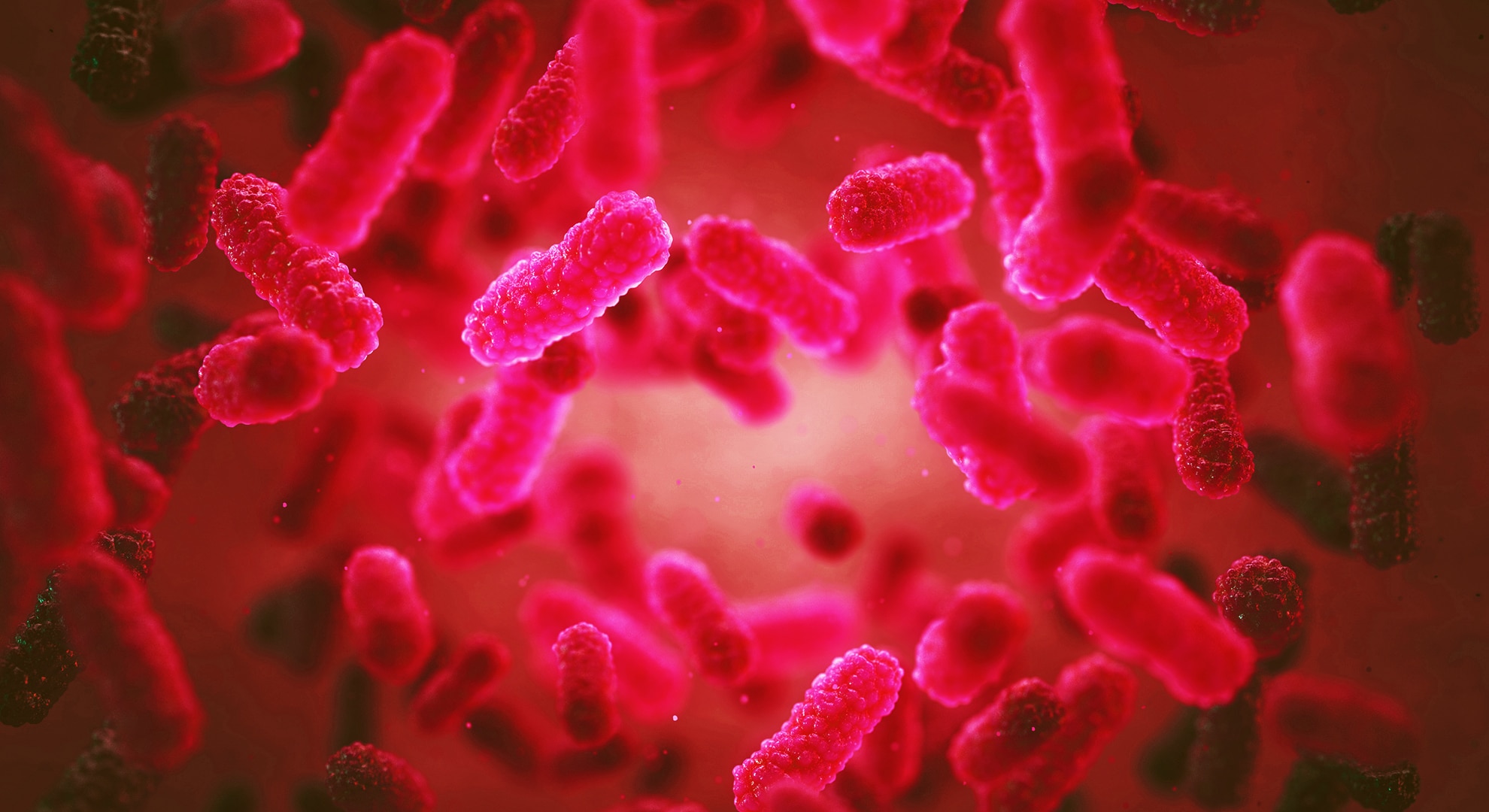Intestinal epithelium responds to bacterial infection by rapid contraction
Led by SciLifeLab researcher Mikael Sellin (Uppsala University), an international team of scientists have demonstrated that the intestinal epithelial layer has the capability to rapidly contract in response to aggressive bacterial attacks. The results have been published in PNAS.
Hundreds of millions of people are infected with different gut infections every year and many of them, hard to treat. With an ever-increasing risk of bacterial resistance and the drawback of killing normal healthy intestinal flora, antibiotics might soon be outdated.
In a recent study, SciLifeLab researchers, assisted by European and Chinese collaborators, have been studying the interplay between the intestinal epithelial layer and microorganisms, to find out how it can distinguish between friend and foe, and modify its behavior accordingly. The information could be useful when developing new treatments for aggressive bacterial infections.
The researchers could observe a rapid contraction of the epithelial cells, following a Salmonella infection. According to the study, this reaction is believed to be caused by an epithelial protein complex, called “the inflammasome”, that can instantly detect an attack. When activated, the inflammasome signals surrounding cells, causing them to contract. This protects the infected areas from damage caused by the bacteria later on in the infection.
Using new technology, the researchers were able to grow intestinal tissue from both human and mouse outside the body. By using advanced microscopy, the process of aggressive bacterial invasion and the epithelial response could be observed in real time.
Read the full article here: Bacterial detection by NAIP/NLRC4 elicits prompt contractions of intestinal epithelial cell layers





